Headless WordPress: What It Is And Do You Need It?
Are you looking for ways to provide a better customer experience and improve your website performance? Chances are you’ve thought…
19th Jul 2022
WordPress
It's time to get the most from your WordPress content management system.
Taking learnings from some of our own successes and failures, combined with our expertise in building scalable WordPress websites for enterprise brands, we've crafted this library of insights to help you unlock the world's most used CMS.
From a beginner's view of content management, right through to detailed how-to guides for developers, we hope to inspire you to build great experiences with WordPress.
Are you looking for ways to provide a better customer experience and improve your website performance? Chances are you’ve thought…
19th Jul 2022
WordPress

We speak to tons of decision-makers on a weekly basis; marketing managers, CMOs, IT directors, and it’s not uncommon to…
25th Jan 2024
WordPressAs enthusiastic members of the global WordPress community, we couldn’t be more thrilled to unpack the latest update to the…
21st Jul 2023
WordPress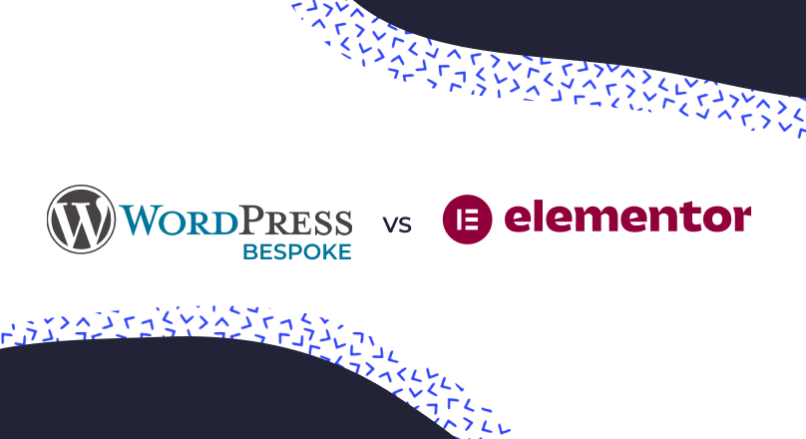
We’re pretty excited to witness more and more large and enterprise scale organisations using tools like Elementor to test out…
31st May 2023
WordPress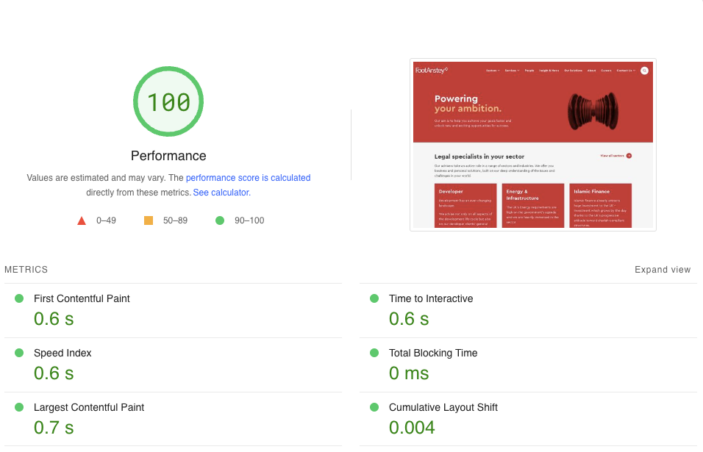
It’s been an exciting few weeks here at our company, as our team of engineers and developers have been working…
18th Nov 2022
WordPressWe’re absolutely thrilled to announce the release of our new headless service for WordPress, allowing enterprise organisations to take advantage…
24th Aug 2022
News
The results of a new, first-of-its-kind research study examining the combined global economy for WordPress were announced today. The study…
8th Jun 2021
WordPress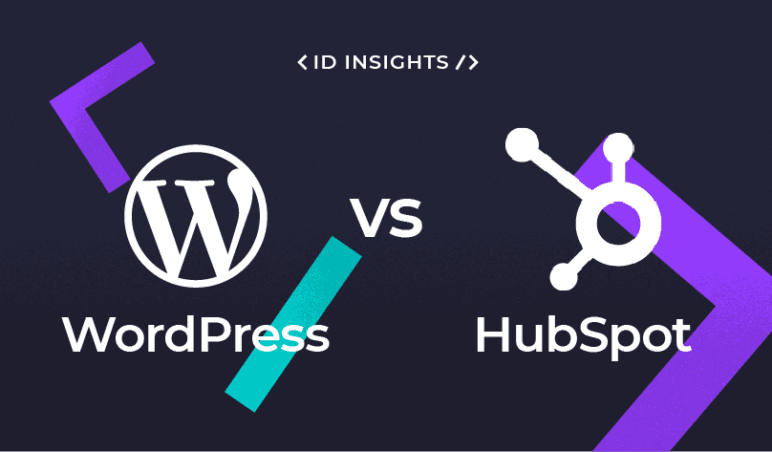
We’re not the first to do the ‘HubSpot vs WordPress’ thing. Many have tried and failed, effectively telling you which…
26th Jan 2021
WordPress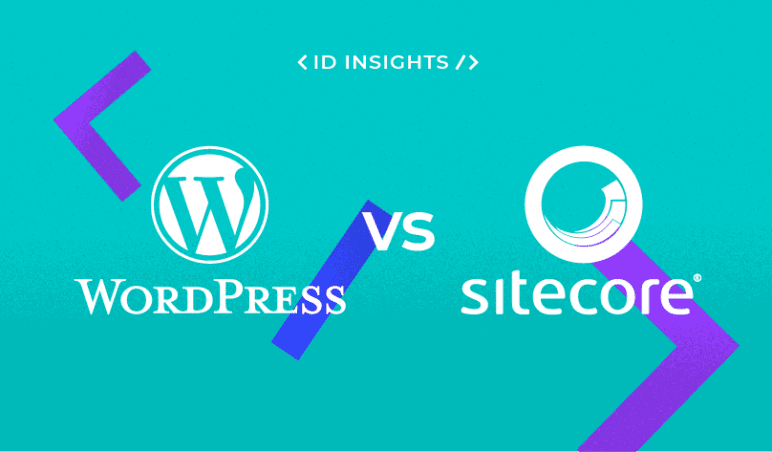
Sitecore or WordPress? It’s a tough question to answer. Both CMSs have amassed a reputation for providing flexible, long-term solutions…
15th Nov 2020
WordPress
If you are looking to upgrade your existing WordPress site to include eCommerce functionality, or using another platform like Shopify…
7th Oct 2020
WordPress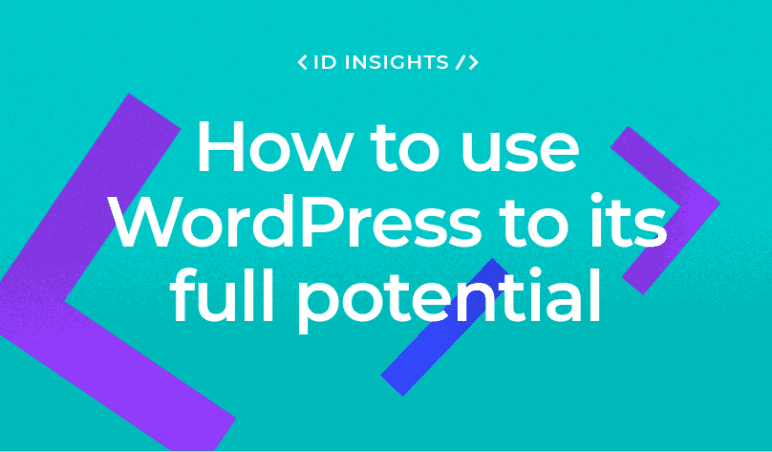
As the world’s leading CMS, WordPress is fast out of the box, and you want to use the platform to…
6th Sep 2020
WordPress
APIs and integrations make the internet tick. Without them, communication between websites and different parties would be a lot more…
5th Sep 2020
WordPress
WordPress version 5.5 is the second major update of 2020 and was released on August 11th. It is titled Eckstine,…
27th Aug 2020
WordPress